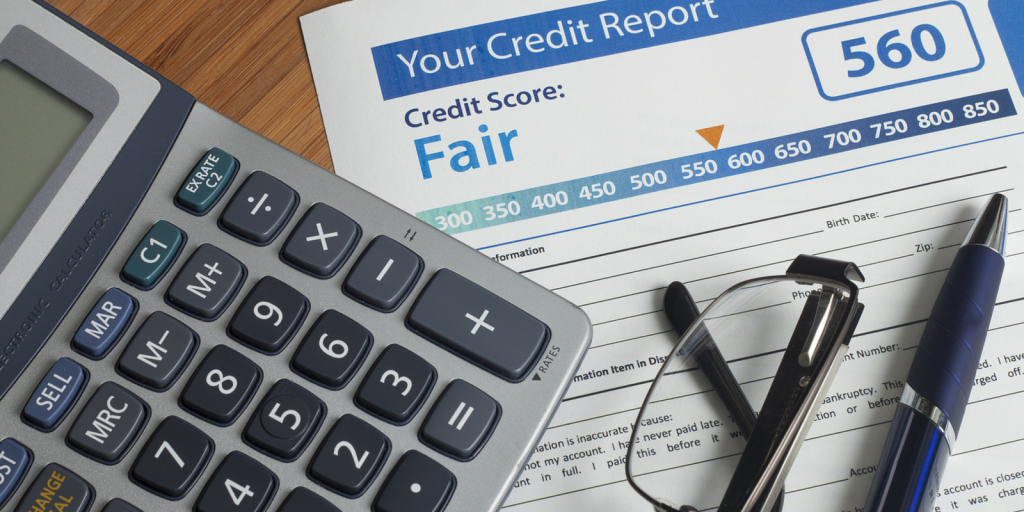Your credit report is one of the most important documents out there. As a financial resume of sorts, you should take care to watch it closely.
It drives me nuts when I find out my client hasn’t taken a look at his credit report for … well, in so long he can’t even remember when the last time was that he saw his credit report.
After all, this is a document that amounts to a financial resume – where you’ve been, how you’ve paid back debts, and what you’ve been doing with your life for the past decade or better.
It’s like getting your bills every month and shoving them into the sock drawer. All of your bills. For a decade.
Probably not a good idea. Here’s why.
Your Credit Report Could Uncover Identity Theft
When you look at your credit report, you can make sure there aren’t any questionable accounts listed.
If there’s an account you don’t recognize, you may be the victim of identity theft. Monitoring your accounts to be sure that there isn’t anyone playing fast-and-loose with your credit history is always a good idea.
Nip Credit Report Errors In the Bud
About 40 million Americans have errors on their credit reports, according to a 2013 study.
Mistakes happen – it’s a fact of life. When it comes to credit report errors that may be a bad account, an incorrect address, or even a wrong employer.
Getting those mistakes fixed can be easy or difficult depending on the nature of the mistake, but one thing’s for sure – you can’t take corrective measures if you don’t know about the issue.
Know Before You Apply
You never know when you’re going to need your credit report. Not only do potential creditors check your credit, so do employers, insurance companies and a landlords.
Checking your credit report gives you a window into what those folks are going to see. If there’s a problem, better to know in advance so you can take steps to explain the issue and get it resolved quickly.
How Often To Check Your Credit Reports
Under federal law, you can get a free credit report from each of the three nationwide credit reporting companies (Equifax, Experian and TransUnion) once every 12 months.
It’s your choice whether to get the reports all at once or one at a time, and different folks have different opinions on which way to go.
Some people say that you should get one credit report from each of the major bureaus every four months. In doing so, you can monitor your credit file at no cost more frequently throughout the year.
I usually get my own free credit reports once a year from all three bureaus because it’s easier to sit down and handle any errors all at once. I don’t need to think about sitting down every four months to worry about my credit.
Whichever way you handle the free reports, I recommend that you get the free ones whenever possible. You should also get your credit reports from all three major bureaus (and pay for them) whenever you:
- are looking for a new job;
- are looking for a new place to rent;
- are considering getting a new mortgage (purchase or refinance);
- get a strange phone call about an unpaid debt; or
- are thinking about a new car.
Keep your records clear, double-check for errors, and you’ll be less likely to suffer from needlessly difficult times in the future.
Image credit: AlphaTangoBravo / Adam Baker
